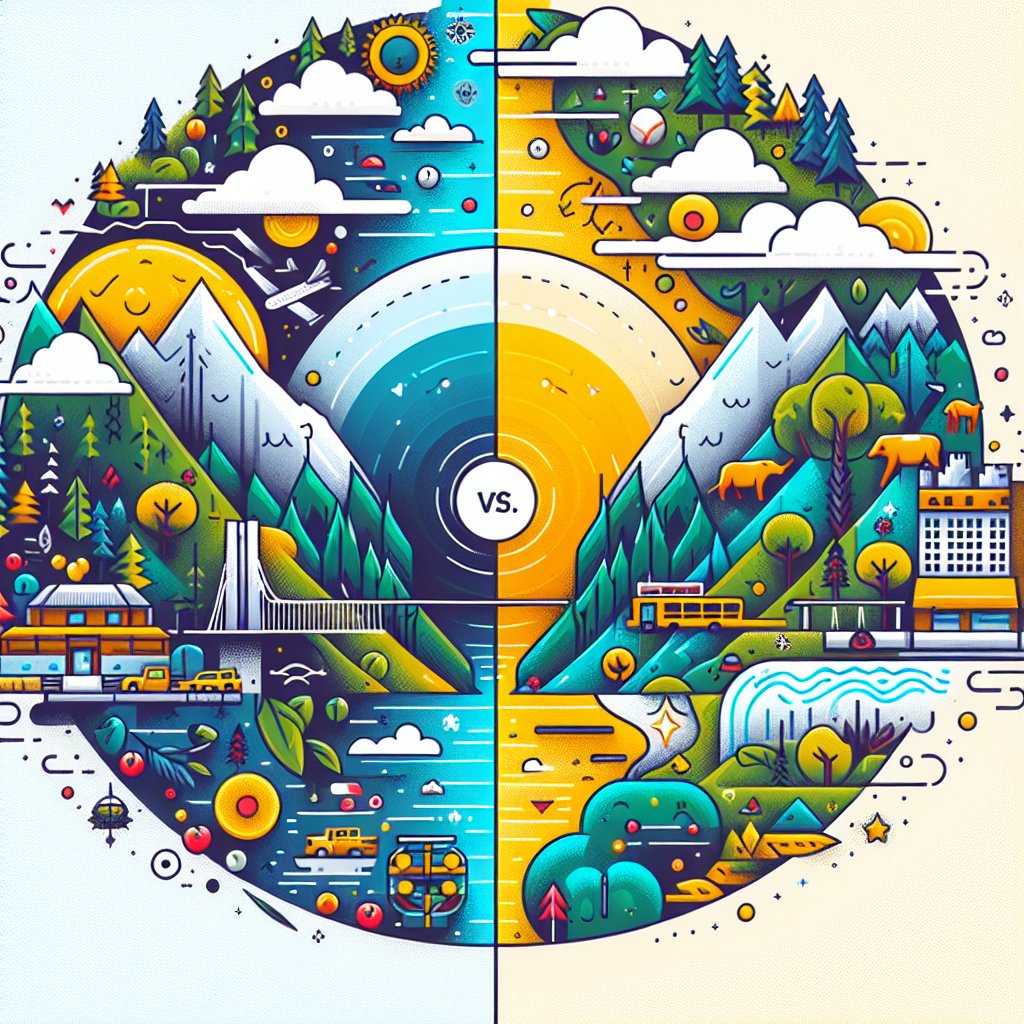Hey there! So, I recently dove back into The Hunger Games series because, honestly, who doesn't love a bit of dystopian drama with a side of rebellion? But this time, something struck me differently. You know that scene, the "Sunrise on the Reaping"? It's more than just a starting point for the action-packed narrative; it's a profound look into human nature and society. Let's chat about it.
Why the Reaping Scene Sticks with You
Before we get into the nitty-gritty, let's talk about what makes the Reaping such a pivotal moment. It's not just a plot device to kick off the tributes' journey. It's a real-world mirror reflecting power dynamics, fear, and resilience. In my opinion, Suzanne Collins crafted this part to make us ask some uncomfortable questions. Like, what would we do in that situation? How much of our freedom would we trade for perceived safety?
The Reaping: A Symbol of Control
First, let’s address the elephant in the room. The Reaping is the Capitol's way of exerting control. It's a reminder that they hold the power, and everyone else is just a pawn in their game. Sounds familiar, right? We've seen similar setups in history, where the powerful use fear to maintain control. Think medieval times with their feudal systems, or even modern government regimes. It’s a cycle as old as time.
What's It Saying About Humanity?
Here's where it gets interesting. The Reaping isn't just about the Capitol's control; it's about the response from the districts. It’s about how people cope and resist. In District 12, you see despair but also quiet defiance. Katniss volunteers for her sister, showing selflessness and love—traits that are inherently human.
I think that’s what Collins wanted to highlight—how, even in the bleakest circumstances, there's a spark of humanity that refuses to be snuffed out. It’s like saying, "Yeah, you can push us down, but we’ll still find ways to rise."
Katniss: More Than Just a Heroine
Katniss Everdeen is obviously the main character, but let’s break down what makes her particularly interesting in the context of the Reaping. She's not your typical hero. She doesn't have superpowers or endless resources. What she has is grit and a fierce love for her family.
Why Katniss Resonates with Us
To me, Katniss represents something real. She's flawed, often unsure, and burdened by the weight of her choices. She's like us, navigating a complex world with no right answers—just choices. The Reaping brings her into the spotlight, and instead of shrinking away, she steps up. It reminds me that bravery isn’t the absence of fear; it’s acting despite it.
The Power of Community in the Face of Adversity
Another thing about the Reaping is how it brings the community together, albeit in a somber way. It's a shared experience that unites them against a common threat. I’ve always believed that community spirit is humanity’s secret weapon. Whether it’s a neighborhood banding together after a natural disaster or people rallying for a cause, there's power in numbers.
Lessons from District 12
District 12 might seem downtrodden, but it's resilient. The people there aren’t just survivors; they’re fighters. They look out for each other, share what little they have, and support one another through tough times. It’s a reminder that while individual strength is crucial, communal support amplifies it.
The Morning of the Reaping: A Metaphor for New Beginnings?
Now, here's a thought that crossed my mind: Could the "Sunrise" in the Reaping symbolize new beginnings? I mean, sure, the day starts with dread, but it also puts events into motion that eventually lead to change, right? Katniss stepping up as the Mockingjay wouldn't have happened without that morning.
Transforming Fear into Fuel
I like to think that The Hunger Games teaches us to turn our fears and constraints into something powerful. It’s like that saying, "Use the system to beat the system." The Reaping might start as a day of fear, but it sets the stage for rebellion and transformation. And that’s pretty optimistic, don’t you think?
How the Hunger Games Echoes Real-World Struggles
I’ve noticed that dystopian stories often serve as cautionary tales. They reflect real-world issues in an exaggerated format. The Reaping is no different. It’s an exaggerated look at how power can corrupt, but it also highlights the resilience of the human spirit.
Parallels in Today's World
Today, we face our own sets of challenges—climate change, social inequality, political strife. It's easy to feel overwhelmed, but if Katniss has taught us anything, it’s that change is possible. It starts with a single act of defiance or kindness.
Real-World Reapings
Look around, and you’ll see mini-reapings everywhere—a boss who wields too much control, a system that feels rigged against the little guy, communities that feel forgotten. But within these situations, there’s also hope. People band together, protest, raise awareness, and push for change.
What Can We Learn?
So, what’s the takeaway here? I think it’s that while the odds might not always be in our favor, they're never set in stone. Resilience, community, and a dash of defiance can tip the scales. The Reaping teaches us to question, to challenge, and to hope.
Final Thoughts
To wrap this up in a nice little bow, The Hunger Games and its "Sunrise on the Reaping" scene aren't just about survival—they're about living with purpose and courage. They remind us to hold onto our humanity, even when the world tries to take it away.
Thanks for hanging out with me through this exploration. Sometimes it’s the fictional worlds that teach us the most about our own. If you haven’t revisited The Hunger Games lately, maybe give it another read with these thoughts in mind. You might just find something new.
- Ryan Pate



